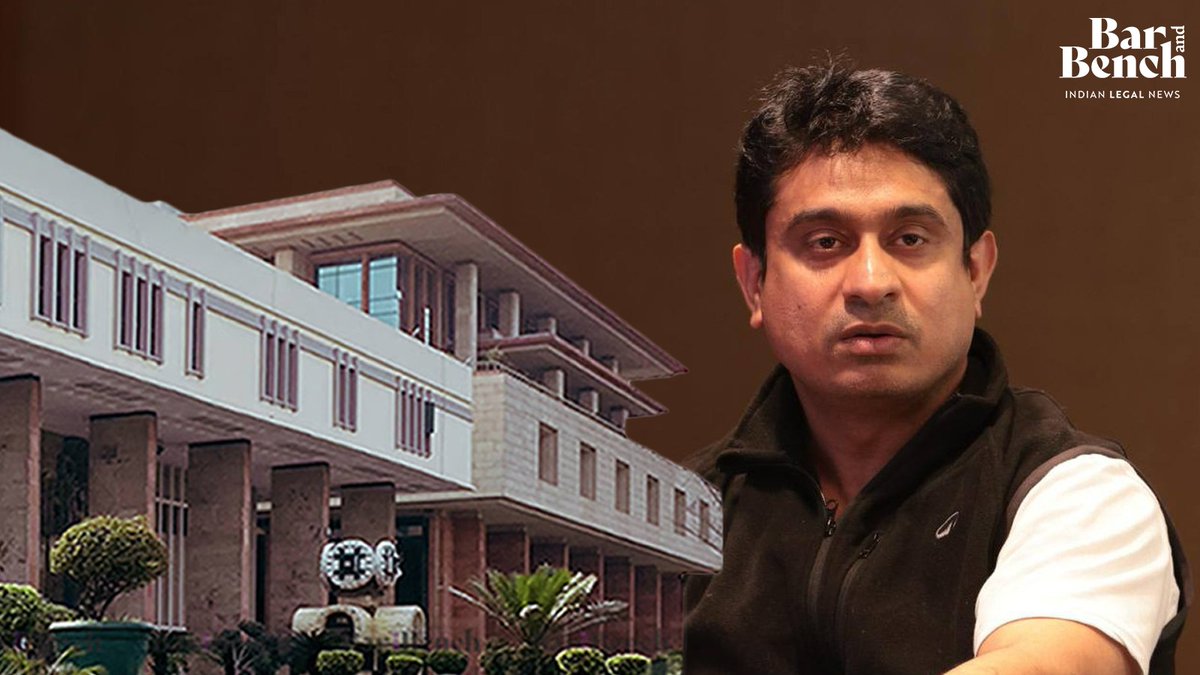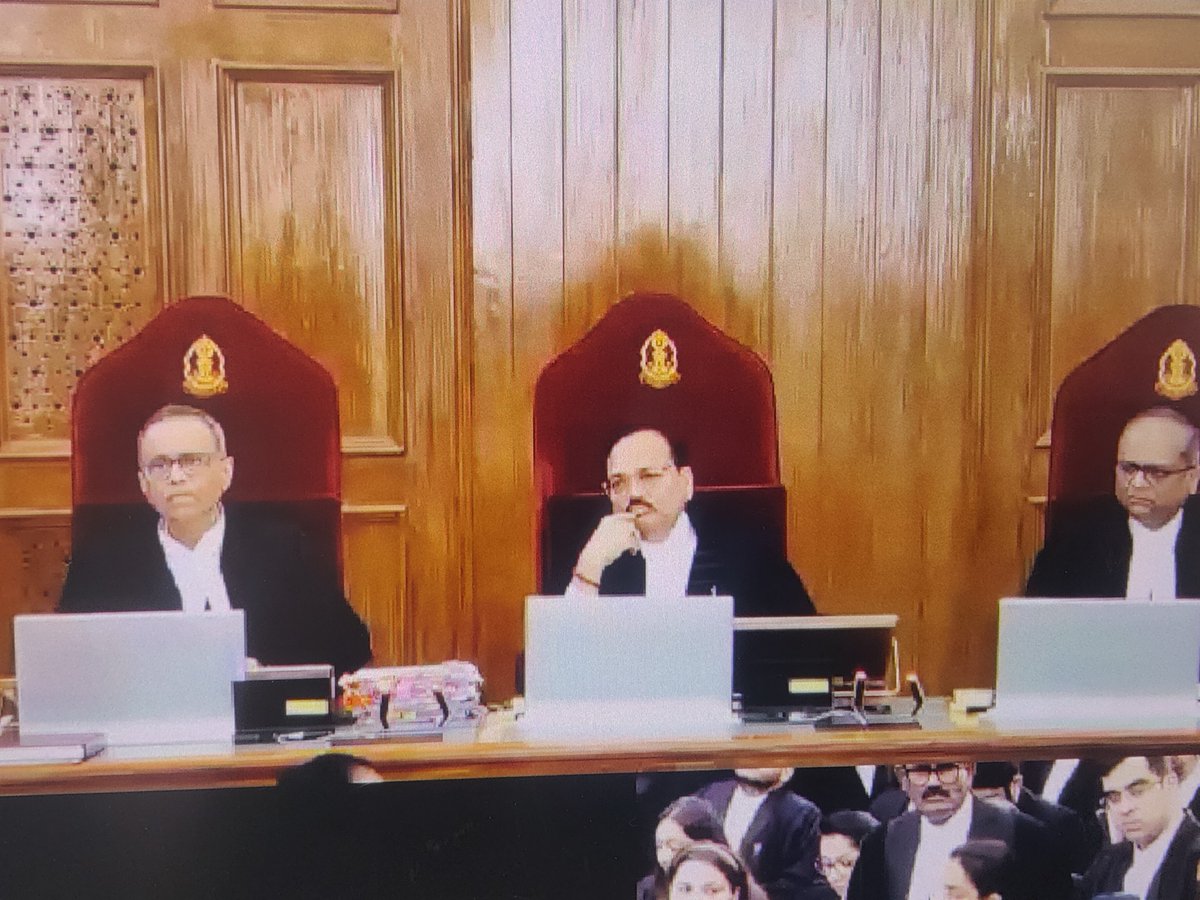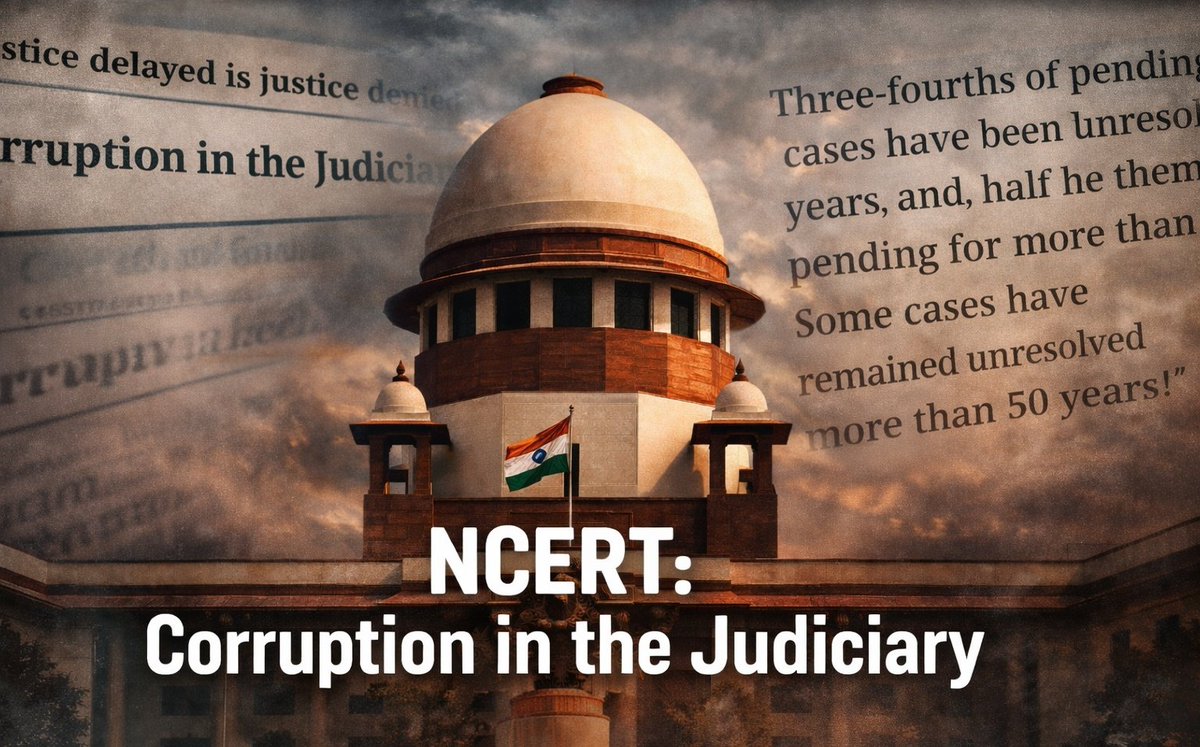Delhi HC begins hearing a PIL to recognise same-sex marriage under Hindu Marriage Act.
#samesexmarriage #homosexuality #LGBT
@Iyervval
#samesexmarriage #homosexuality #LGBT
@Iyervval

He are seeking to impose marriage equality under Hindu Marriage Act. The Act does not say that marriage has to take place between a man and a woman: Adv Raghav Awasthi for the Petitioners.
#samesexmarriage
#samesexmarriage
Benefits available to heterosexual are thus not available to homosexual couples: Awasthi
Have any homosexual couples applied for marriage registration but were denied? : Court
Yes, but they were not willing to come before the Court. Thus, the PIL: Awasthi
Have any homosexual couples applied for marriage registration but were denied? : Court
Yes, but they were not willing to come before the Court. Thus, the PIL: Awasthi
My instructions are that such marriages are not being registered: Awasthi
What Petitioners are seeking cannot ve granted: SG Tushar Mehta
Our legal system, society and values do not recognise marriage between same sex couples : SG Tushar Mehta
SG Tushar Mehta reads the section of degree of prohibited relationships under Hindu Marriage Act, says it refers to "man" and "woman".
At the moment, we are asking that is a PIL maintainable.: Court
I checked up the law. Court can't legislate : SG Mehta
I won't even file an affidavit. I will rely on statutory provisions: SG Mehta
I checked up the law. Court can't legislate : SG Mehta
I won't even file an affidavit. I will rely on statutory provisions: SG Mehta
Court may bear in mind that Surpreme Court only decriminalized homosexuality. Nothing more or less: SG Mehta
The Supreme Court gave reasons: Justice Prateek Jalan
The Supreme Court gave reasons: Justice Prateek Jalan
If there are any aggrieved persons, they can can come. No question of a PIL : Court
You give names of such persons: Court
You give names of such persons: Court
One of the petitioners, Mr Gopi Shankar is trying to get his marriage registered. I will take instructions: Awasthi.
Court grants time to the Petitioners to submit list of persons who are aggrieved by non registration of same sex marriage under HMA.
Matter adjourned till Oct 21
.
Matter adjourned till Oct 21
.
Our legal system, values do not recognise same-sex marriage: SG Tushar Mehta tells Delhi HC
barandbench.com/news/litigatio…
@Iyervval #tusharmehta #marriage
barandbench.com/news/litigatio…
@Iyervval #tusharmehta #marriage
• • •
Missing some Tweet in this thread? You can try to
force a refresh










